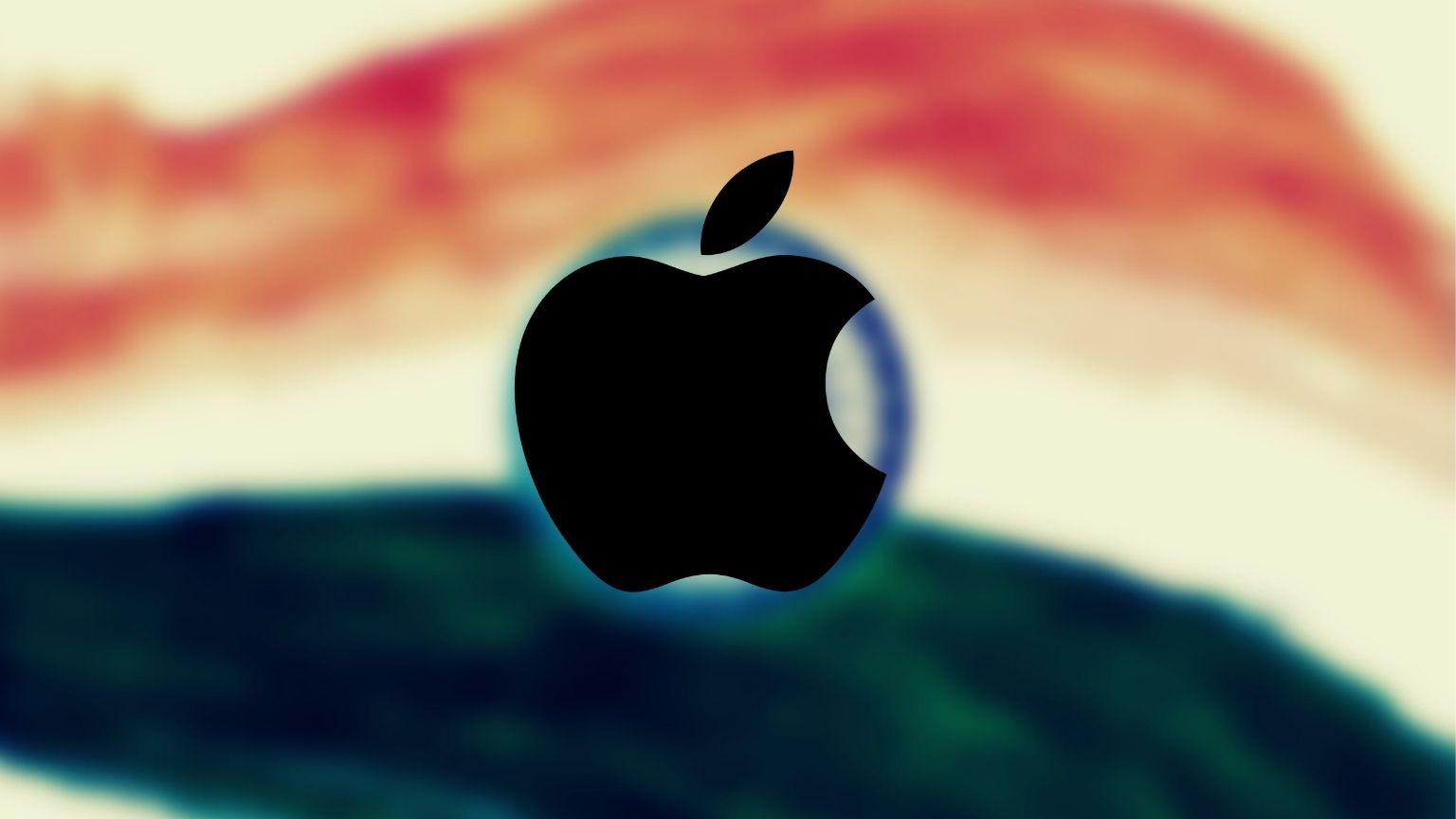Apple is facing an antitrust lawsuit in India for abusing its power by prohibiting developers from using third-party payment systems for in-app purchases. The company is facing similar cases in Europe and in the US.
A non-profit called Together We Fight Society has filed an antitrust lawsuit against Apple in India. The suit argues that the 30% commission Apple imposes for purchases made through its in-app payment system is unfair to competitors as it acts as a barrier to market entry for developers and raises the costs of apps for both consumers and developers.
“The existence of the 30% commission means that some app developers will never make it to the market … This could also result in consumer harm,” said the filing, which was seen by Reuters.
The complaint was filed with the Competition Commission of India (CCI), which, unlike normal court cases, does not make its cases public. In the next few weeks, the CCI will review the case and determine whether it merits an investigation.
“There are high chances that an investigation can be ordered, also because the EU has been probing this,” said a Reuters source, who declined to be identified as the case details are not public.
Apple is facing a similar case in the EU, which was filed last year over the 30% commission for in-app purchases. In the US, Fortnite developer Epic, sued Apple for removing the popular game from the App Store after it included an alternative payments system for in-app purchases.
News of the Indian case also comes shortly after the South Korean Parliament passed a law that would make it illegal for Google and Apple to prohibit developers from using third-party payment systems.
The non-profit that filed the Indian case said that it did so to protect Indian startups and consumers. However, iOS only powers 2% of the 520 million smartphones in India, according to Counterpoint Research’s 2020 data.
The complaint also argues that the third-party payment systems restriction is anti-competitive and harms domestic payment providers who provide their services at charges as low as 1%.
The App Store policies also hurt “app developers’ relationship with their customers by inserting itself as a middleman in every in-app transaction.”
Over the past few weeks, however, Apple has made some changes to its anti-competitive policies. The tech giant announced that it would start allowing developers to include contact information, like email, that consumers would use to gather more information on how they could use third-party payment options to make app and in-app purchases outside the App Store.
On Wednesday, the company said that it would allow some apps to include an in-app link to a third-party payment system outside of apps.
If you're tired of censorship and dystopian threats against civil liberties, subscribe to Reclaim The Net.









